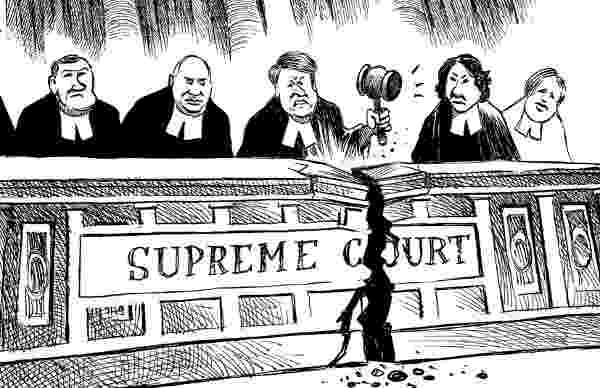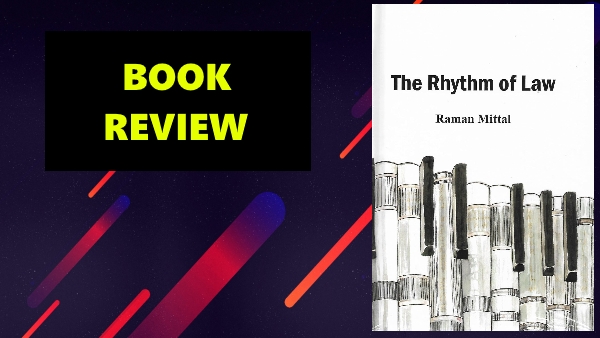Commissioner of Wealth Tax vs Chander Sen case dealt with the question of whether the income or assets that a son inherits from his father and when separated by partition same should be assessed as income of the son of a Hindu Undivided Family or his individual income?
FACTS:
- The late Rangi Lal and his child, Chander Sen, were individuals from a Hindu unified family, as indicated by custom. On October 10, 1961, there was an incomplete division in the family, and the commercial was split between the dad and child.
- At the hour of his passing, he had a credit measure of Rs. 1,85,043 in his record in the organization’s books, which was credited to his bequest.
- Even after the separation, the family’s home property stayed in like manner as a proprietorship.
- The credit sum in the record of Rangi Lal had a place with Chander Sen in his individual limit instead of the assessee-family in the abundance charge evaluation for the appraisal year 1967-68.
- A derivation of Rs. 23,330 because interest is allowed in the estimation of personal assessment obligation. The Tribunal has excused the division’s bids. However, at the office’s solicitation, the Tribunal heard three offers from the Income-charge Department.
ISSUES:
- Is the decision that the amounts of Rs. 185043 and Rs. 482742 did not constitute the assessee-Hindu Joint family’s resources correct in light of the existing reality and circumstances of the case?
- In light of the actual reality and circumstances of the case, is the financing cost of Rs 23.330 an allowed deduction in the computation of company profit for the assessee-joint family?
- Is the income or asset that a son gets from his father when the family is divided by partition taxed as income of the Hindu undivided family of the son or as his individual income?
RATIO DECIDENDI:
- Bench: Mukharji, Sabyasachi (J)
- It is obvious that a son receives a share of his father’s property and joins the coparcenary as soon as he is born under Hindu law. His right is derived from the fact of his birth, not from the death of his father or from an inheritance from the father.
- Normally, once the father receives property from the grandpa or from any other source, whether it is separate property or not, his son should have a stake in it, and it will become part of the joint Hindu family of his son and grandchild, as well as other relatives.
- The primary issue is that Section 8 specifies the heirs of specific property, and class I of the heirs include the son but excludes the grandson. It does, however, include the predeceased son’s son.
- It is because of this perspective that the Allahabad High Court has taken the opinion that income from assets inherited by a son from his father, from whom he has separated by division, can be classified as income of the son separately in the two cases we have noted. The property of a parent who dies intestate passes to his son in his individual capacity, not as the Karta of his own family, as per Section 8 of the Hindu Succession Act, 1956.
DECISION:
- Specifically, the total refers to both the capital provided to Rangi Lal on incomplete division and the profit he gained throughout his tenure as an investor in a restricted obligation company.
- When a kid inherits his father’s independent and self-obtained property, the property takes on the personality of the joint Hindu family property in his possession, as if members of his own family claimed jointly it, according to Hindu law.
- Nonetheless, Section 8 of the Hindu Succession Act, which, as it should be understood, governs the current case, has altered this viewpoint somewhat.
- This case involved a coparcener with a wife and two young daughters who had obtained a piece of the Hindu family’s joint property on segment.
- The Supreme Court ruled such goods belonged to the coparcener’s Hindu united group, which included himself, his better half, and underage daughters, and could not be viewed as his own property for the abundance accusation.
- CONCLUSION:
As a result, the amounts to the credit of the deceased father belonged to the son in his individual capacity rather than the Hindu family and interest was a permissible deduction from the family’s business revenue.
Found Commissioner of Wealth Tax vs Chander Sen Case summary useful? We have a bunch of useful topics from family law that will help you in your preparation here >>> FAMILY LAW
Check out our YouTube Channel for free legal videos >>> LAW PLANET YT





